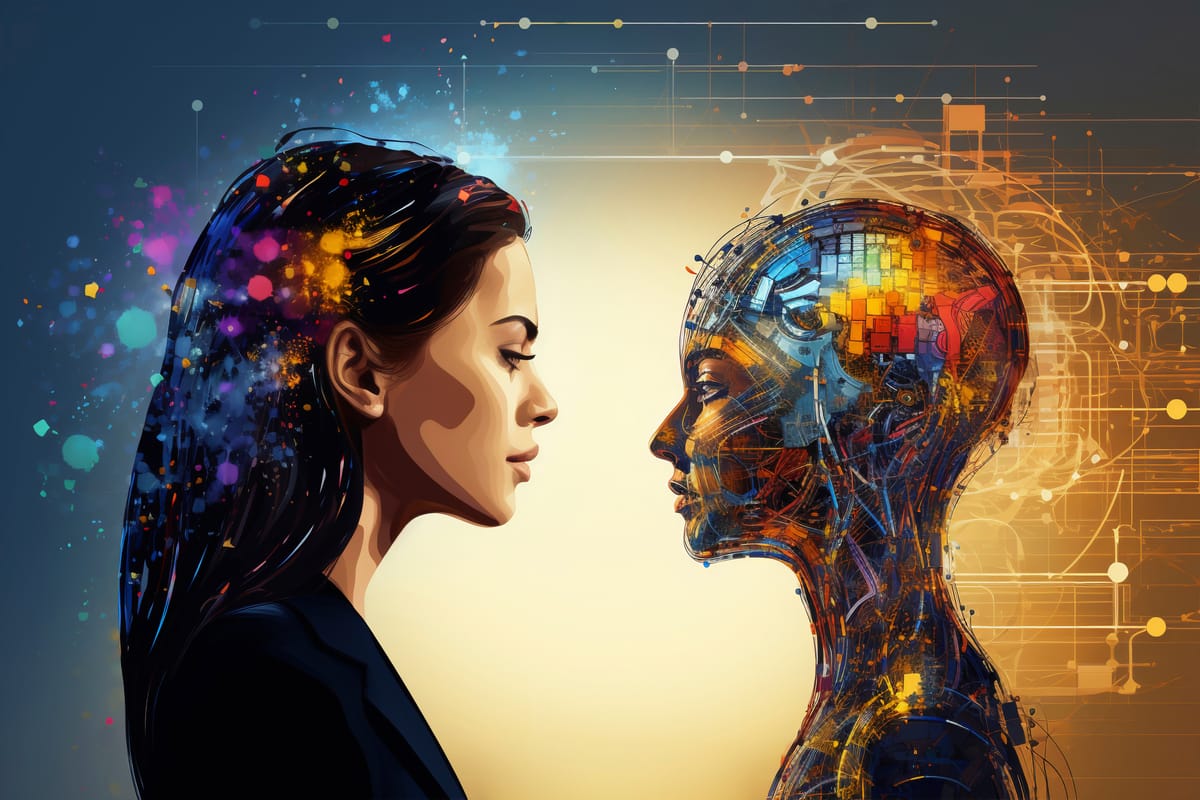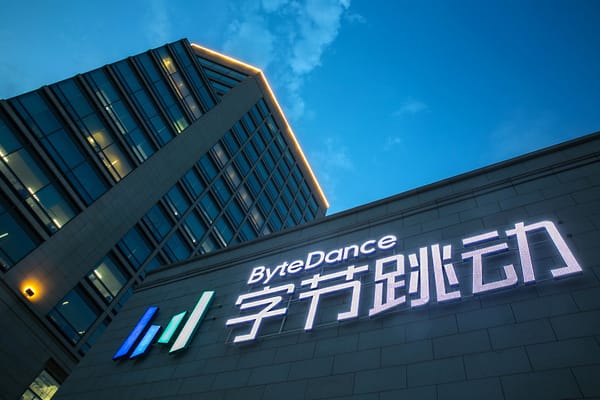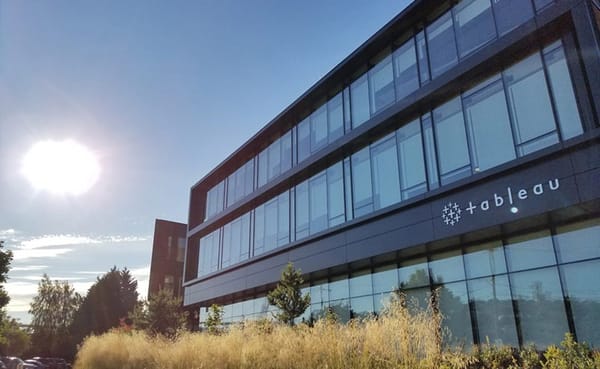5 Ways Generative AI is Revolutionising Industries and Shaping the Future
Generative AI is making significant strides in software development by assisting developers in writing code more efficiently.

Generative AI is rapidly transforming the way we approach business, technology, and creativity. From generating content to enhancing customer experiences, its applications are wide-ranging and diverse. As this technology continues to evolve, it promises to reshape entire industries. In this article, we explore five key ways that generative AI is revolutionizing the world around us.
1. Content Creation: Streamlining Creativity
One of the most exciting applications of generative AI is in content creation. Whether it’s writing blog posts, creating art, or producing video scripts, AI tools like OpenAI’s GPT models and DALL-E have made it easier for businesses and content creators to generate high-quality material in minutes.
Generative AI can help marketers and content creators produce large volumes of content quickly. This not only saves time but also ensures consistency across various platforms. AI tools can generate SEO-optimized content, social media posts, and even personalized email campaigns, helping businesses reach their audience more effectively. In industries like advertising, publishing, and entertainment, the impact is already evident as AI systems are increasingly involved in the creative process.
Key Benefit: Efficiency and creativity are enhanced, enabling companies to scale content production while maintaining quality and engagement.
2. Personalisation in Customer Service
Generative AI is also revolutionising customer service by enabling more personalised and efficient interactions. AI-powered chatbots and virtual assistants are no longer limited to simple queries; they can now hold in-depth, meaningful conversations with customers, providing personalized recommendations and solving complex problems.
For example, generative AI models are capable of analysing past customer interactions, predicting future needs, and delivering tailored responses in real-time. This creates a seamless and highly personalized customer experience. Moreover, AI-driven tools can manage a large volume of customer inquiries simultaneously, reducing wait times and improving satisfaction.
Key Benefit: Customer service is elevated by AI’s ability to deliver hyper-personalized experiences, improving customer loyalty and reducing operational costs.
3. Healthcare Innovation: AI for Diagnostics and Treatment
The healthcare industry is experiencing a significant transformation thanks to generative AI. From diagnosing diseases to suggesting personalized treatment plans, AI is becoming an invaluable tool for medical professionals. AI algorithms can analyze vast amounts of medical data—such as patient records, imaging, and clinical studies—to make predictions and assist in diagnosing conditions.
AI models are also being used to discover new drugs, design treatment plans, and predict patient outcomes. In fact, generative AI is already playing a pivotal role in developing more effective vaccines, medical devices, and therapeutic techniques. By speeding up the discovery process, AI is helping to save lives and reduce healthcare costs.
Key Benefit: AI is improving medical diagnostics, personalizing treatments, and accelerating research, ultimately enhancing patient care and reducing costs.
4. Generative AI Helping Developers Write Code
Generative AI is making significant strides in software development by assisting developers in writing code more efficiently. Tools powered by generative AI, like GitHub Copilot and OpenAI’s Codex, have revolutionised the way developers approach coding tasks. These AI systems can generate entire blocks of code based on simple prompts, speeding up development time and reducing the likelihood of errors.
For example, generative AI can automatically suggest code snippets, identify bugs, and provide solutions in real-time, allowing developers to focus on more complex problems and creative aspects of software design. It can also help new developers by providing context-sensitive code suggestions, making learning to code faster and more accessible.
Moreover, AI tools can be integrated into IDEs (Integrated Development Environments) to streamline workflows and enhance productivity. As generative AI continues to advance, developers can expect even more sophisticated tools that enhance their capabilities and simplify coding processes.
Key Benefit: Developers are able to write more efficient code faster, reduce errors, and enhance their productivity with the support of AI-driven coding assistants.
5. Gaming and Entertainment: Elevating User Experiences
Generative AI is transforming the gaming and entertainment industries by offering more immersive and dynamic user experiences. In video games, AI can generate realistic environments, characters, and storylines that evolve based on player choices, creating a unique experience for each user.
AI is also used in film production to create realistic special effects, generate realistic 3D models, and even assist in scriptwriting. With the advent of AI-powered tools, content creators in these industries now have a powerful ally that can push the boundaries of imagination and enhance storytelling.
Key Benefit: The entertainment industry is embracing AI to create highly interactive and customized experiences, offering new levels of engagement for audiences.
Conclusion: The Future of Generative AI
Generative AI is no longer a futuristic concept—it’s here, and it’s already changing industries for the better. From content creation and healthcare to customer service, business operations, and entertainment, AI is providing powerful tools that improve efficiency, enhance creativity, and offer personalized experiences. As the technology continues to evolve, its potential to shape the future of industries across the globe is limitless.
For businesses looking to stay ahead in a rapidly changing world, adopting generative AI is no longer an option—it’s a necessity. With its vast potential, AI is set to be a cornerstone of innovation in the years to come.



